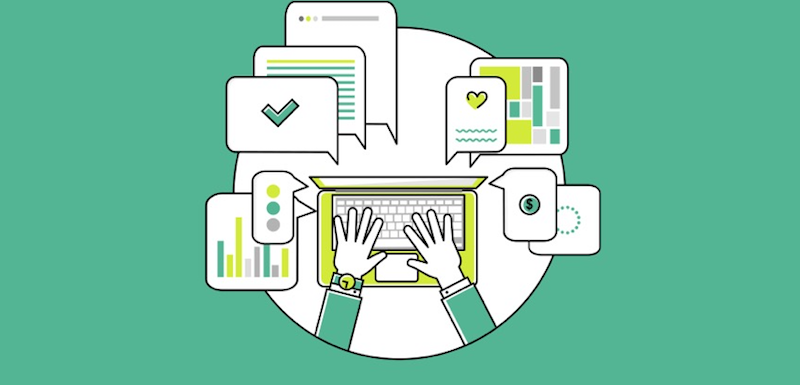 One of my beta readers, Celeste G., forwarded news about an article in the New York Post concerning a Craigslist and PayPal email scam. She had two reasons for writing. First, she said the article didn’t make it completely clear how the scam worked. Second, she thought I might be interested in writing about it. The story goes like this. A New York man wanted to sell an expensive watch, valued at about $2,500, on Craigslist. Craigslist isn’t the safest place to do business, but that’s a different issue.
One of my beta readers, Celeste G., forwarded news about an article in the New York Post concerning a Craigslist and PayPal email scam. She had two reasons for writing. First, she said the article didn’t make it completely clear how the scam worked. Second, she thought I might be interested in writing about it. The story goes like this. A New York man wanted to sell an expensive watch, valued at about $2,500, on Craigslist. Craigslist isn’t the safest place to do business, but that’s a different issue.
The man, who was hoping to sell the watch locally for more than its value, started receiving bids from out-of-state. “You’d have thought I’d thrown bloody chum into the shark-infested waters,” the man said. “As soon as I put it out, I was getting … out-of-state area codes. I was wondering, what is this all about?”
He received one bid for $2,700. The bidder told him he’d send the money via PayPal and when the funds were received, the watch could be mailed. The seller figured he couldn’t lose and agreed to the deal. Sounds pretty good, right? Not exactly.
A confirmation email came from PayPal almost immediately and the seller prepared the watch for shipment. Fortunately for the seller, his wife became suspicious and told him he should check with PayPal before mailing the watch. He did. And discovered there was no money in his account.
So, how did the scam work? It turns out the bidder faked the PayPal email in hopes the New York man would ship the watch before he checked his account. There was no sophisticated hacking of the man’s PayPal account or any other tricky sleight-of-hand. This, pure and simple, was a case of a scammer faking an email and playing the odds. True, many people would check their PayPal account immediately, but there are those who won’t. Even a small percentage of successes could make this a very lucrative scam.
The tip to avoid this Craigslist and PayPal email scam is very simple. If you’re using PayPal or a similar service to sell something, be sure to check your account before you ship the merchandise. This wasn’t a Craigslist scam, but staying away from Craigslist is also a good idea. After all, the guy in New York made himself a target just by posting his ad on a website known for this type of activity.




Useful information, as always. And of course, one should never click on a link in the email but go directly to PayPal and sign in separately to verify the transaction.
Absolutely correct, Nancy. Thanks for stopping by!